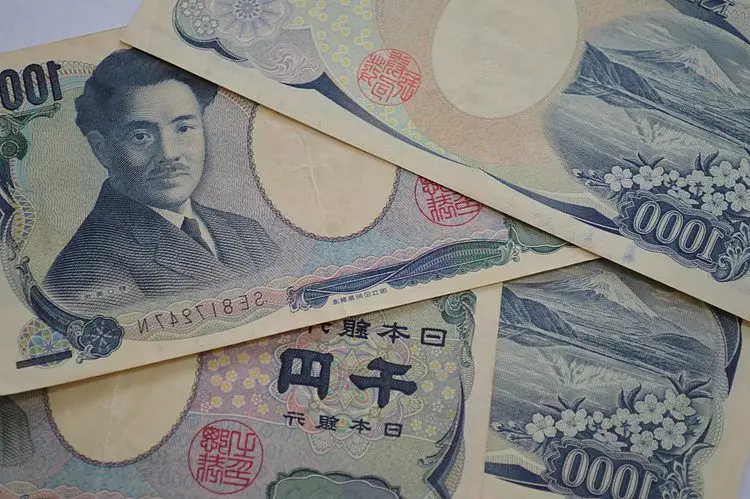The Japanese Yen has shown appreciation in recent times due to improved risk sentiment in the market. This shift can be attributed to various economic reports that have been released, impacting the currency’s value.
One of the key factors influencing the Japanese Yen is the data coming out of the United States. For example, the ISM US Services PMI soared to 53.8 in May, surpassing market forecasts. On the other hand, the ADP US Employment Change report revealed a lower-than-expected figure, indicating a potential slowdown in the US labor market. These contrasting reports have contributed to the depreciation of the US Dollar, leading to the strengthening of the Japanese Yen.
In Japan, economic indicators such as the Jibun Bank Japan Services PMI and Labor Cash Earnings have also played a role in influencing the value of the Japanese Yen. While the Jibun Bank Japan Services PMI saw a slight upward revision, it fell short of previous highs, signaling a slowdown in the service sector growth. However, Labor Cash Earnings surged higher than expected, showing positive signs for the Japanese economy.
The actions and statements of central banks, such as the Bank of Japan (BoJ) and the Federal Reserve, have a significant impact on the Japanese Yen. Governor Kazuo Ueda’s comments about market operations and inflation forecasts signal the BoJ’s readiness to adjust its monetary policies. Additionally, reports of Japan’s government focusing on the challenges posed by a weak Yen suggest potential policy changes in the future.
The current trading range of USD/JPY around 155.60 reflects a weakening bullish bias, with potential support levels at key price points. Technical analysis indicates a possible further decline in the pair’s value, depending on market conditions. A break below certain levels could lead to increased pressure on the pair, while a return to the symmetrical triangle pattern might reinforce a bullish bias.
The Japanese Yen is often viewed as a safe-haven investment during times of market uncertainty. Investors tend to flock to the Yen in turbulent times due to its perceived reliability and stability. This behavior strengthens the Yen’s value against riskier currencies and assets, highlighting its role as a safe-haven currency.
The Japanese Yen’s value is influenced by a combination of economic reports, central bank actions, market sentiment, and technical factors. Understanding these dynamics is crucial for traders and investors looking to navigate the complex landscape of the foreign exchange market. As global economic conditions continue to evolve, the Japanese Yen is likely to remain a key player in the currency markets.

